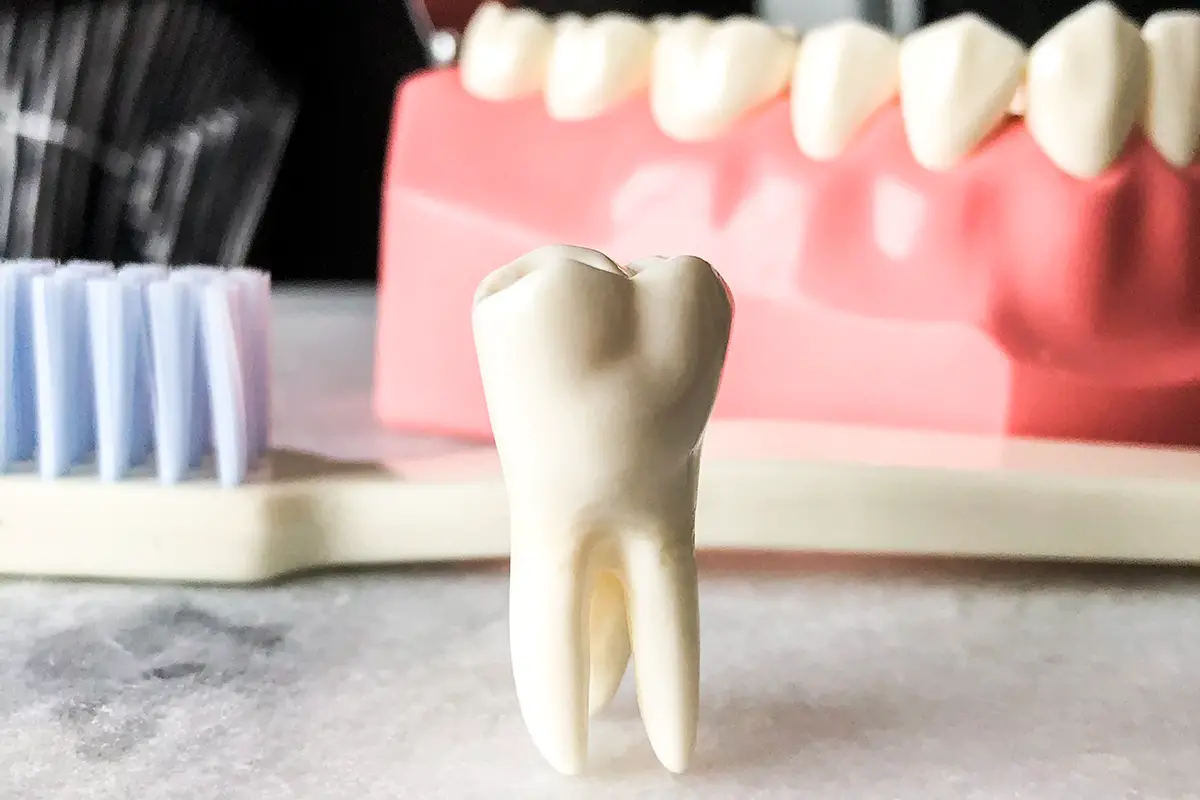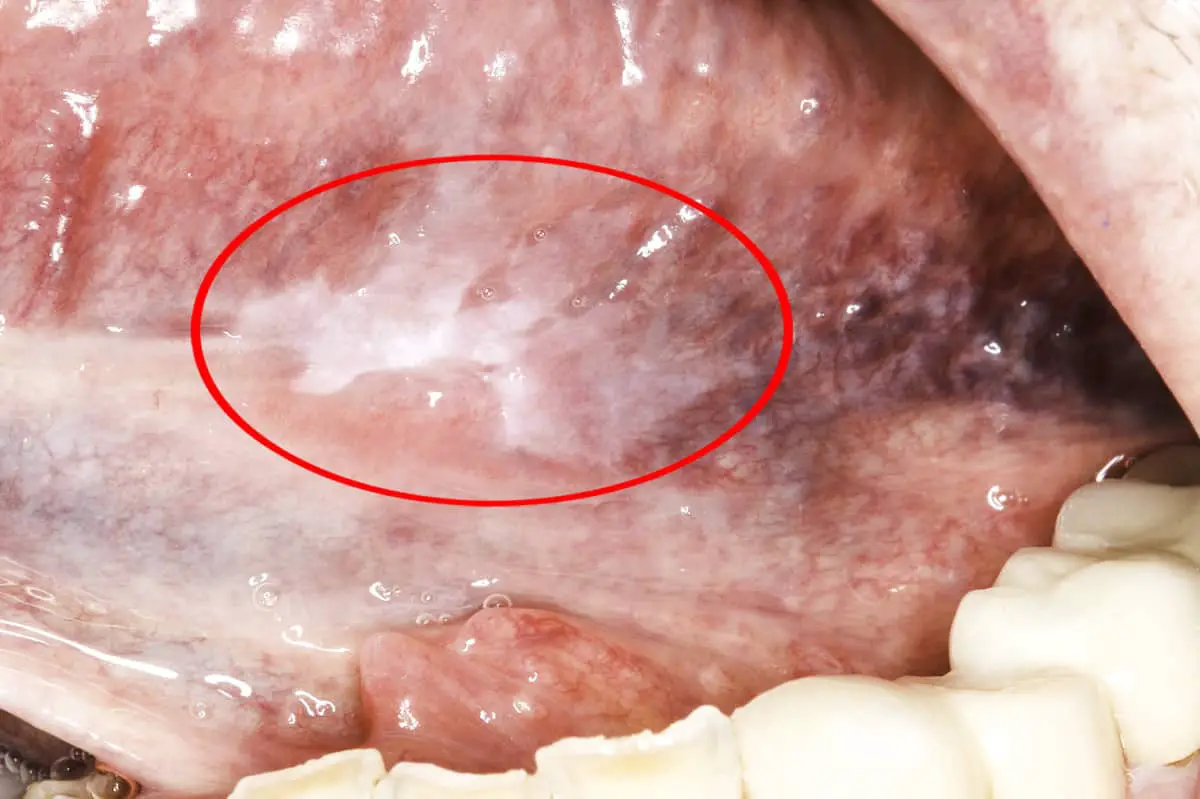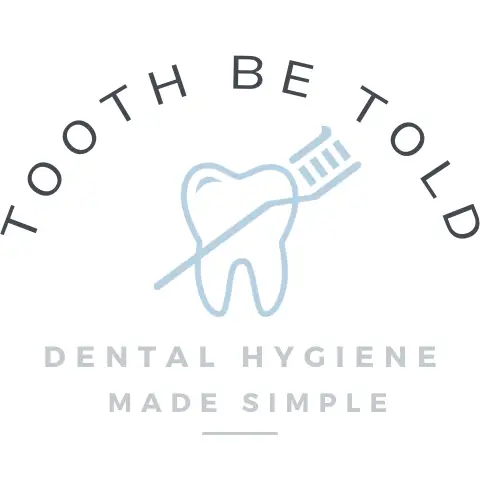Working in a dental office, you see firsthand what happens behind the scenes. From the finite details of scheduling, ordering supplies, and patient management, there is lots more than meets the eye, especially the cost of running a dental office. But why is the dentist so expensive?
The dentist is so expensive due to the elevated overhead costs of staff salaries, supplies, materials, lab fees, insurance, and technology. Dentists are highly trained and skilled in combining science and art in performing dental procedures that are safe and aesthetically pleasing.

Read on to understand the breakdown of costs of what you are paying for when you visit a dental office in Canada, two personal stories about the danger of dental tourism, and some advice on how to get cheaper dental treatment and reduce the cost.
Staff salary cost to run a dental office is immense
Staff members such as dental hygienists and dentists have their licence and professional liability insurance to uphold, which costs money. Also, same as running a dental office and the cost of overhead, schooling is much more expensive than the average post-secondary education.
Dental staff are highly trained medical professionals who take care of your health and safety and aesthetically cater to the patient’s wants and needs. And we have to pay a lot of money to become dental professionals.
Believe it or not, dentistry is the most expensive degree to obtain in Canada, and as of 2022, it will cost $248,719.52 at the University of British Columbia * to become a dentist. Dental professionals accumulate debt that needs to be paid, and we go to school and invest our time, money, and life to maintain a higher wage.
But it is not just about the dentist or dental hygienist. There are many team members, and not one can work without the other. Dental offices need to work like a well-oiled machine to provide our patients with the best care we can.
Read now: Receding Gums? Best Electric Toothbrush and Head to Use!
Because so many team members are needed to run a dental office smoothly, more people need to be paid. There are dentists, dental hygienists, dental assistants, front desk personnel, support staff, treatment coordinates, and managers in a dental office.
Also, many of us do not receive a pension or benefits, so the pay is increased to reflect this.
Along with the cost to pay staff and the high cost of education, there are high costs for supplies and other overhead costs.
Overhead; supplies, material, lab fees, insurance, technology
The overhead costs for a dental practice in Canada are around 70%-85%! That is huge!
We use so many supplies, and as per public health requirements, many of our supplies are single-use items. These add up and cost a lot of money, from paper towels to suction tips to plastic barriers for infection control.
Infection control is the top priority of the dental office to make sure the patient is safe and not being exposed to infectious diseases and viruses such as HIV or herpes.
The dental office needs to pay for sterilizers, quality control and maintenance of sterilizers, and proper disinfectants to ensure the highest level of safety.

An additional hidden cost for the dental office is the charting system and computer software they use to manage the practice. This software is not cheap and comes with monthly fees and maintenance to ensure security and confidentiality. We could not run an office without patients’ charts or dental software!
Another huge overhead cost the dentist does not have much control over is the lab fees. Most dentists will send out their lab work, such as a crown or night guard, to be fabricated in a dental lab by trained dental lab technicians.
Read now: How Much Do Dental Veneers Cost in Each of the 50 States?
The labs have set fees that the dentist does not control, which get passed along to the patients to pay.
Continuing education and specialties
Because dental is a part of the health care field, we need to stay current in our education to ensure we practise evidence-based dentistry.
Being dental professionals requires us to participate in continuing education to provide the best care for our patients. Continuing education costs money and is done outside of work hours. Ultimately, through the cost of dental treatment and salaries, continuing education is paid for by the patient.
Also, some dental professionals go back to school to specialize in a specific area of dentistry. For example, an endodontist specializes in root canals. So if you were to go and see an endodontist, you would pay more because you are paying for their expertise and high level of skill.
Quality of treatment and expertise affects price
Having safe, quality treatment by a dental professional is the biggest thing for me. I am willing to pay a little more to trust my dental professionals knowing that they have extensive experience and have skills required to provide top-quality treatment.
I want to see the best person for the job that can keep me safe and healthy and do work that is good quality and will last a long time.

A dentist that provides this top-quality treatment may charge a little more because they have worked hard to build up their reputation and their skills speak for themselves.
For example, if you go to another country for dental tourism (which I speak about below with two stories from my patients), you may pay less, but over time you may end up paying more. Not just the price, but the potential effects on your body long-term is not good.
As the saying goes, “you buy cheap you buy twice” perfectly fits this situation. It is better to pay more upfront for good quality treatment. Our teeth cannot grow back or repair themselves, so taking care of them is so important.
Read now: Teeth Whitening: Why It’s Worth Having Done at the Dentist
Why do prices differ from dentist to dentist?
Dental pricing can differ between dentists due to location, fee guide, education, the difference in lab fees, skill level and experience, material cost and type, and cosmetic procedures that are not covered by dental insurance.
Below are two situations that I have been involved in regarding having cheaper treatment done in other countries. Please give them a read to understand why dental is so expensive here in Canada, but what you are paying for is worth it, especially regarding health and safety for your body!
In my dental chair;
Another horrifying situation that I had regarding dental tourism.
I had a patient that I regularly treated, and she had an incredible array of dental work that was done to perfection, including many crowns. Most of her crowns were made out of porcelain that was fused to metal. They were truly a work of art, and she paid a lot of money for them.
She went home to Peru to see her family for a couple of months, and while she was there, she had some dental pain and sensitivity. She decided to go to the dentist in Peru.
The dentist that she saw must have just seen her as a bag of money, as she had all these beautiful porcelain fused to metal crowns. She was not a loyal patient (she would be leaving soon and once gone how could he be held accountable), and he could take advantage of her lack of knowledge.
He told her that all the metal in her mouth needed to be removed as soon as possible because it was contributing to her dental issues and that it posed a health risk. He also told her he could do the work for way cheaper than the dentist in Canada and that he would replace the crowns with no metal.
Unfortunately, she listened to him, and she had all her crowns taken off her teeth, and he replaced them with all-white crowns that contained no metal.
All the crowns the dentist put on her teeth were temporary crowns that were only meant to last a week or two, but he made her believe they would last forever.
The metal used for these types of crowns is not the same as metal fillings (amalgam), so this dentist she saw took advantage of her lack of knowledge and convinced her that all the metal needs to be taken out of her mouth for health reasons.
Something that a dental office will do after they collect old crowns that had to be replaced, the old crowns get sent off for the metal to be melted and reused. The value of the metal is paid out the dentist. So, if a dentist removes all the crowns, they can get a nice lump sum of money from the value of the metal.
SO… not surprisingly, on her flight back home to Canada, she chewed a piece of gum to help with the pressure in her ears, and her crowns started coming off!
She came in to see me and the dentist to see if she could have the crown glued back on.
She explained briefly her experience in Peru, and I started to get a clear picture of what happened.
When I laid her back in my chair and took a look… I immediately had this sinking feeling in my stomach. I saw that all the crowns she had were temporary crowns.
I went to the dentist and told him what she had told me, and what I saw, and he was devastated. He came to speak to her about her situation.
After discussing what had happened with the patient and educating her on what happened, she was rightly distraught.
We just felt so bad for her and so disgusted that people could take advantage of other people the way that dentist in Peru did to her.
The dentist I worked for at the time talked with her and came to the agreement that he could redo the crowns for only the cost of the lab and materials. He would make no money on the new crowns, and do them for cost. This was so nice of him to do, and I was so proud that he was honest and wanted to help her out the best he could.
**I know not all dentists in Peru are like this. This is just one incident that I know of.
In my dental chair;
I had a young woman come to see me who hadn’t been to a dentist here in Canada for a few years. Upon first look in the mouth, I thought to myself, oh wow, there is not much calculus (tartar) built up on the teeth, but while I went through my complete oral exam, it was evident that it was a completely different story underneath the gum tissue.
The patient had so much mature calculus under the gums that was black (from absorbing blood), which had been there for an extended period and contributed to her progression of gum disease.
It just didn’t make sense to me.
I discussed with her my findings and that it was bizarre and not typical.
She then told me that while travelling overseas to a country (that has inferior dental standards), she had her teeth cleaned.
It all made sense then! I told her that while they may have cleaned the visible portion of the teeth, they did not clean underneath the gum line, which is the most critical part of what dental hygienists do.
We are highly trained and regulated health care professionals in order to clean the tooth surfaces both underneath and on top of the gum tissue.
Suppose the calculus is left underneath the gumline with only the visible top of the tooth being cleaned. In that case, it can cause the gum tissue to tighten up around the tooth, making it even more difficult for the patient to clean at home and we dental professionals to access to clean. This practice can lead to serious gum infections.
It also gave my patient a false sense of security. Because she had her teeth cleaned in the other country, she thought she could put off having her teeth cleaned here in Canada.
She asked me if what she did harmed her oral health, and sadly I had to tell her that yes, it 100% contributed to her poor oral health.
I also explained to her that we have the strictest infection control procedures here in Canada, with the sterilizers being maintained and tested daily. The packages of instruments are appropriately processed to ensure they are sterile.
By having dental treatment done in a country that does not have these regulations in place, you put yourself at risk for contracting serious diseases, viruses, and infections.
Needless to say, after explaining and discussing with her the condition her mouth was in, she will never have dental work done in another country.
How to get cheaper dental treatment and reduce costs
I would be lying if I said that every person on earth is honest or doesn’t try to trick more money out of people they encounter.
Ethically, the dentist should provide all the options, risks and benefits, and costs of each possible treatment when discussing treatment planning.
For example, let’s say that you need a root canal to save a tooth. The option of extracting the tooth needs to be fully explained to the patient, along with the consequences and treatment options later on that extracting the tooth will lead to.
Like in my personal stories above, sometimes going for a cheaper option is not the best idea, but sometimes the prices can be so exorbitant that a cheaper option is the only option.
But choosing the cheapest option may still be too much at that given time, and other options could be available to reduce the cost.
To get cheaper treatment or reduce the hefty bill, you may have to trade your time or opt for a payment plan. Below are some ways to get more affordable dental treatment;
- Ask your dentist if they offer any discounts
- Ask your dentist if they provide a payment plan
- Get a second opinion or quote to compare proposed prices
- Search for free dentistry days (some clinics will do one day a year that is free on a first come first serve basis)
- Dental schools offer discounted prices as you trade your time for treatment
- Private dental hygiene clinics have cheaper fees
- Switch dental insurance plan if applicable
- Public health may offer free dental screenings
- Prevent issues from occuring
- Maintain regular dental hygiene appointments
Prevention is the best way to reduce the overall costs of dental treatment. Regular flossing and brushing can prevent cavities and gum disease, saving you money over many years. Maintaining regular dental hygiene appointments will also help keep the mouth healthy, and issues can be caught earlier and treated right away.
I hope you have gained insight into the costs of running a dental office and taken away that cheaper is not always better or different ways to reduce costs.
Have a wonderful day.
Holly 🙂

